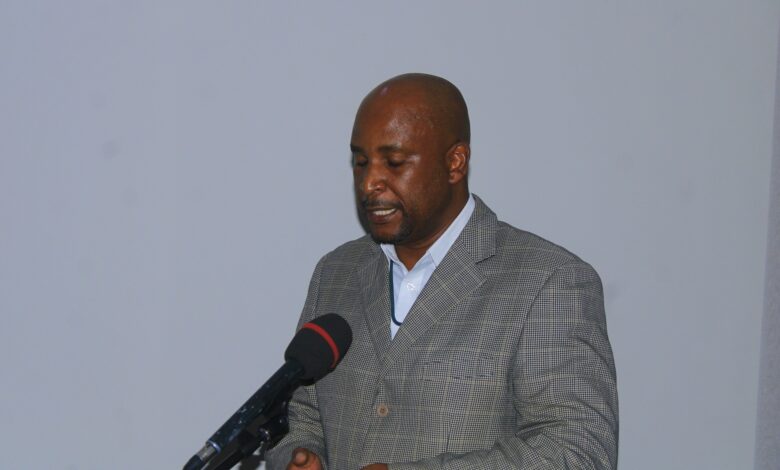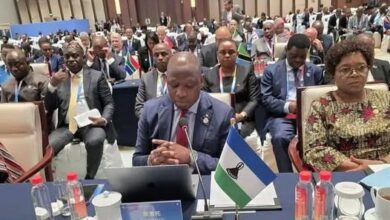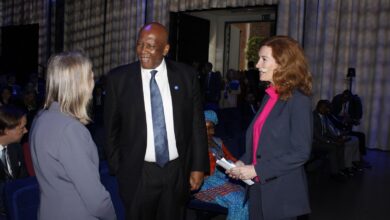Lesotho Hosts First In-Person Madrid and PCT Seminar to Bolster Intellectual Property Awareness

The Ministry of Law and Justice, in partnership with the World Intellectual Property Organization (WIPO), is currently hosting a landmark three-day seminar in Maseru focused on the Madrid System and the Patent Cooperation Treaty (PCT). The event, which began yesterday and runs through Friday, brings together key national and international stakeholders to deepen understanding of global intellectual property (IP) systems.
This seminar is the first in-person Madrid System intellectual property event to be held in Lesotho, following a series of virtual sessions in previous years. It gathers ministry officials, entrepreneurs, legal experts, and innovators from Lesotho and beyond.
Notable attendees include Debbie Roenning, Director of the Madrid Legal Division at WIPO; Nyalleng Pii, WIPO representative; Michael Moschinger and Monika Bukovnik from the Austrian Patent Office (APO); and Odireleng Keipopele of the African Regional Intellectual Property Organization (ARIPO).
The Madrid System and the PCT represent two essential international IP frameworks. While the Madrid System simplifies the registration of trademarks across multiple countries through a single application, the PCT facilitates the process of securing patent protection globally by streamlining international patent filings.
In his opening address, Principal Secretary of the Ministry of Law and Justice, Dr Lira Ralebese, underscored the seminar’s aim to provide practical knowledge on leveraging these systems and to promote stronger collaboration among IP stakeholders. He noted that international frameworks like Madrid and PCT offer clear advantages—particularly for smaller economies like Lesotho—by simplifying application procedures, reducing costs, and expanding access to global markets.
“The Madrid System allows businesses to register trademarks in multiple countries with just one application, using one language and paying one set of fees. It’s a game-changer for local entrepreneurs aiming to grow beyond Lesotho’s borders,” Dr Ralebese explained.
He also pointed out that the system’s centralized management simplifies renewals and updates, cutting down on legal and administrative overheads. On the PCT side, he highlighted the treaty’s role in enabling inventors from Least Developed Countries (LDCs) to benefit from up to a 90 percent reduction in WIPO fees, increased access to global patent databases, and improved technology transfer.
Advocate Makhele Sekati, Deputy Attorney General, emphasized the seminar’s significance in cultivating a culture of innovation and protecting intellectual property in Lesotho. He called for participants to actively consider how the insights gained from the seminar could help drive inclusive economic development and address local challenges through homegrown innovation.
WIPO’s Debbie Roenning acknowledged Lesotho’s long-standing membership in the organization but noted its relatively low level of application activity. She encouraged greater local use of the Madrid and PCT systems, pointing out that IP protection not only secures legal rights but also offers competitive branding and marketing advantages for products.
“Trademarks play a critical role in business. They define identity and build trust with consumers. For Lesotho’s entrepreneurs and small businesses, protecting these assets both locally and internationally is essential,” she said.
The seminar is expected to energize interest in IP systems and spark greater participation from Lesotho in global IP registration platforms. By raising awareness and equipping participants with practical tools, the event sets a foundation for more robust innovation ecosystems across the country.
Join 'Lesotho News' WhatsApp Channel
Get breaking Lesotho news — delivered directly to your WhatsApp.
CLICK HERE TO JOIN



